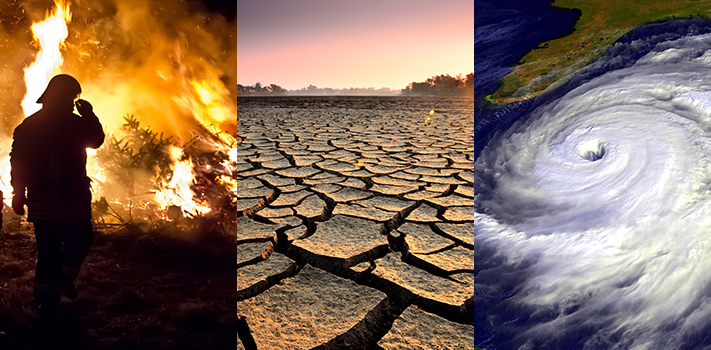Is climate change linked to the extinction of ancient humans?
June 1, 2021
New research found by scientists at the University of Naples Federico II in Italy found that the extinction of ancient humans, dated 5 million years ago, may have gone extinct because of climate change. The head researcher, Pasquale Raia conducted an experiment that compared the archaeological records of human species with temperature, rainfall, and other weather data. The thought that drove Raia to complete this research was the question of how global cooling episodes could have impacted the human population so many years ago. By tapping a fossil database Raia and his team were able to access 2,754 archaeological records, which contained six different Homo-species. The only species to survive was H.(Homo)-sapiens. While comparing environmental changes to the population number of the Homo species, it was found that for three of the Homo species, H. erectus, H. heidelbergensis, and H. neanderthalensis, the climate had gotten colder. H. erectus lived in what is now the Indonesian islands and had a warm climate, but the temperatures had swiftly declined, and scientists concluded that a glacial period had occurred. Raia made the logical conclusion that the colder weather limited food resources and changed the ecosystem. The species wouldn’t have been able to adapt in time, and therefore they went extinct. Raia and his team also had another reason for researching how climate change may have caused early humans to become extinct. If climate changed forced other Homo species to become extinct, could we also become extinct? This question has become increasingly prevalent in scientific research. Though ancient humans had many more struggles compared to modern humans, such as disease, injury, and predation, Raia and other scientists concluded that climate change could also affect our population numbers. Raia was quoted as saying “I personally take this as a thunderous warning message. Climate change made Homo vulnerable and hapless in the past, and this may just be happening again.”
